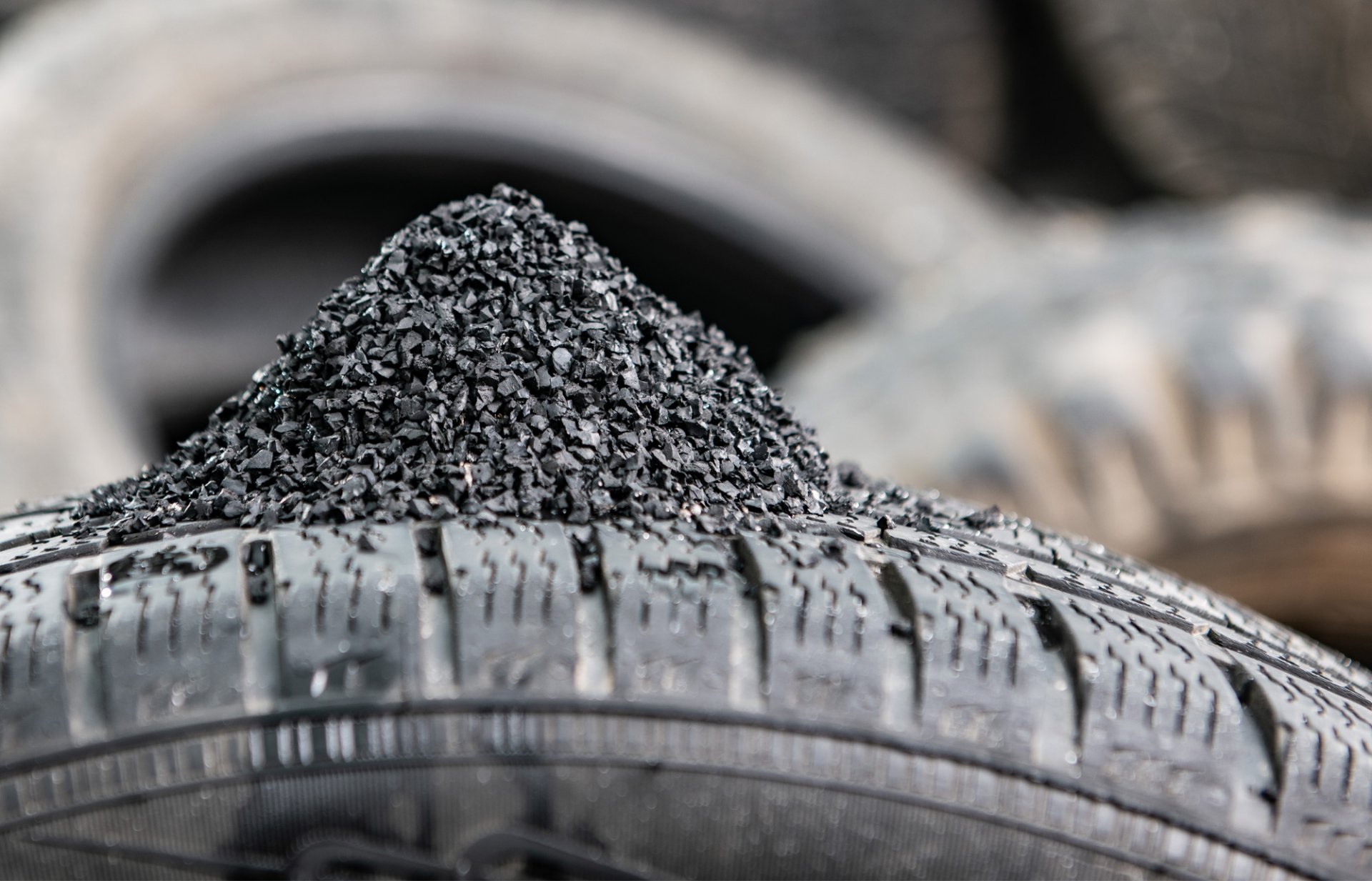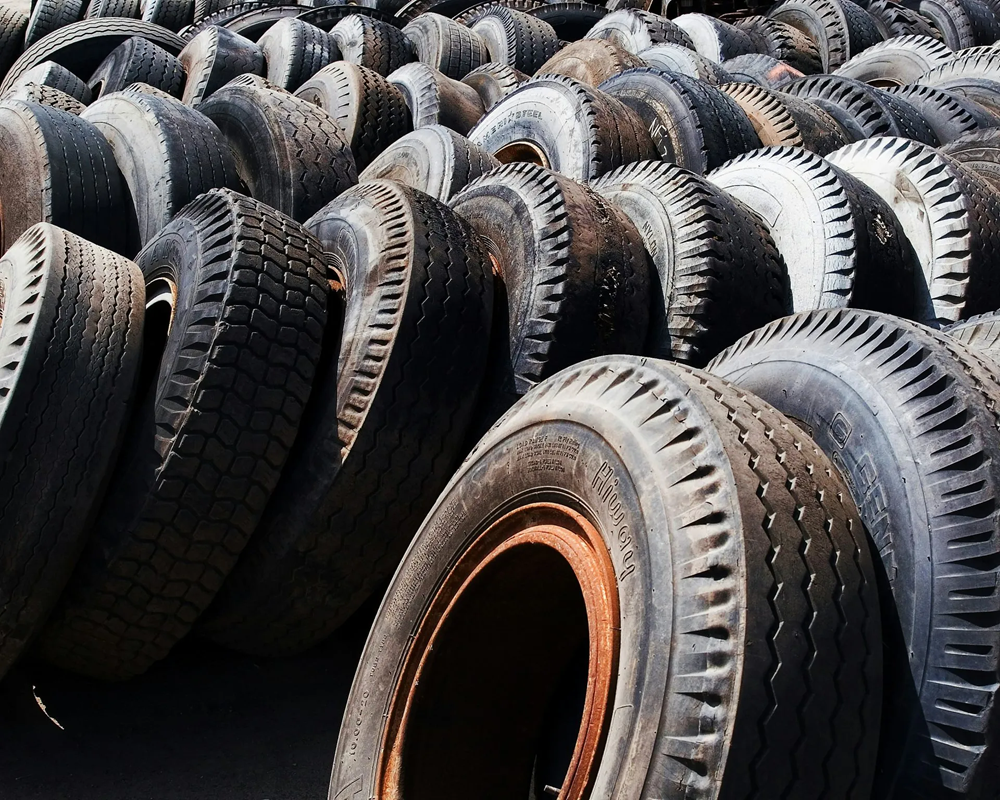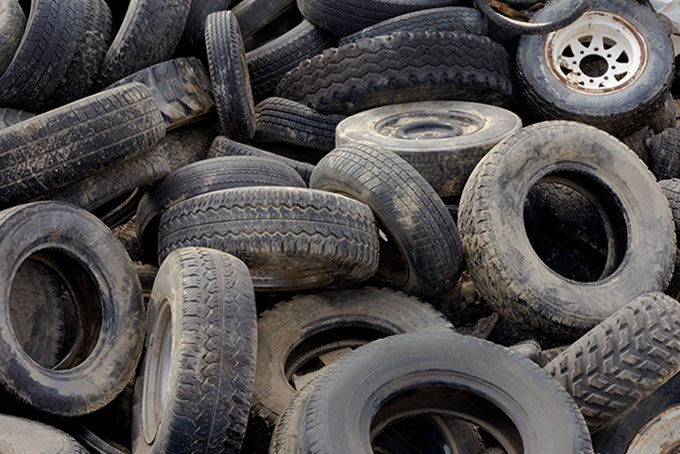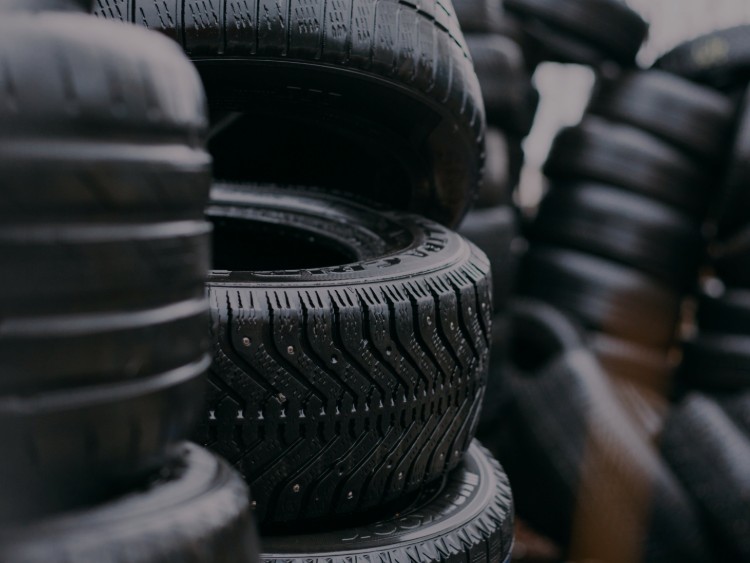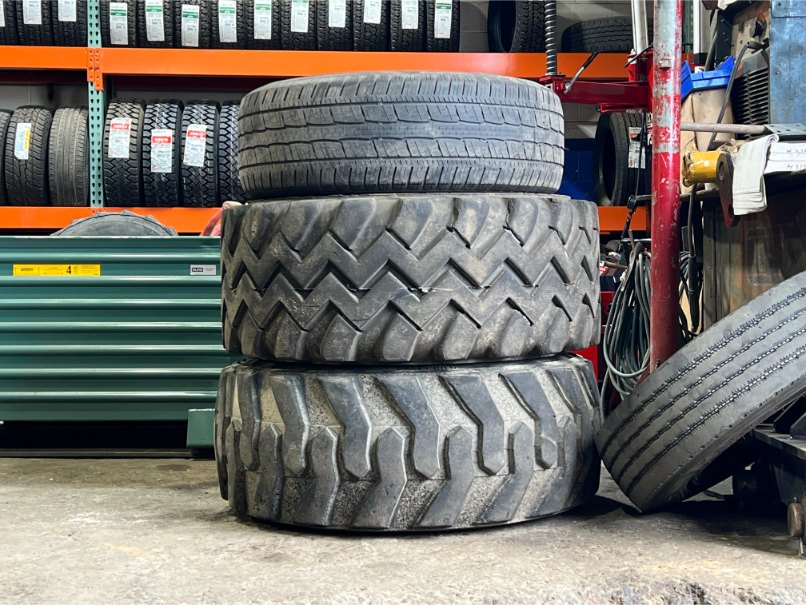
Among the sprawling and heterogeneous landscape of India’s waste management industry, scrap dealers are an unsung but integral part of the recycling system. They are key middlemen, playing the role of a go-between between generators of waste and recycling industries. Their role, though vital, goes largely unnoticed.
Understanding the Indian Recycling System
India produces millions of tons of waste every year, from electronic waste to metal scraps, plastic, paper, and so on. The informal economy—scrap dealers, waste pickers, and aggregators—processes much of this waste. In contrast to developed countries where waste management is largely centralized, India depends greatly on decentralized and informal networks for recycling.
Scrap traders are the pillars of such a decentralized framework. They receive, sort out, and deliver waste materials to processing units, alleviating the pressure on landfills and assisting in environmental sustainability. Their operations not only help ensure efficient disposal of waste but also facilitate the cause of circular economy, so that valuable resources get reused at all times and are not discarded.
The Role of Scrap Dealers in Waste Collection and Segregation
Scrap dealers work in a huge and complex network. Their function starts at the very grassroots level—procuring scrap material from households, industries, and commercial premises. They work with waste pickers, local aggregators, and junkyards to source varied materials.
Segregation is a vital part of their job. Various waste types need diligent sorting to improve recycling efficiency. Metals, plastics, paper, and e-waste each have different processing needs, and scrap dealers categorize them appropriately prior to reaching recycling facilities. Their ability to differentiate quality material directly influences the success of the recycling process.
Contribution to Sustainability and Circular Economy
One of the biggest contributions of scrap dealers to India’s recycling ecosystem is their role in promoting sustainability. By facilitating material recovery, they reduce dependency on virgin resources, minimize environmental degradation, and conserve energy. Recycling metals, for instance, significantly cuts down greenhouse gas emissions associated with mining and extraction processes.
Additionally, junk dealers contribute to India’s circular economy. Rather than having waste go to landfills, scrap dealers make sure materials are reused, stretching their life cycle. The circular economy system is what is needed in tackling problems like depleted resources and pollution. Junk dealers, although operating under difficult conditions, play an important role in making this work.
Economic and Social Impact
Beyond environmental benefits, scrap dealers contribute significantly to India’s economy. The scrap industry generates employment for millions, offering livelihoods to those in informal sectors. Many dealers run family-owned businesses, creating generational employment opportunities.
Moreover, their activity indirectly benefits other manufacturing industries. Recycled materials are used as raw materials by industries like construction, automotive, paper manufacturing, and textile production. Scrap dealers’ input would otherwise lead such industries to adopt heavily the use of newly mined resources, increasing the cost of production and environmental degradation.
But scrap dealers tend to work under harsh conditions, with their operations challenged by factors like unstable market prices, financial insecurity, and exposure to harmful waste. Notwithstanding these challenges, their resilience keeps India’s recycling industry moving.
Problems Confronted by Scrap Dealers
In spite of their enormous contributions, scrap dealers are faced with numerous challenges, such as:
Market Volatility: Market prices for recyclable material keep changing, affecting profitability.
Lack of Formal Recognition: Most scrap dealers work on an informal basis, which denies them advantages like support from the government and financial assistance.
Health Hazards: Being exposed to poisonous materials, particularly in electronic scrap, is hazardous to their health.
Limited Infrastructure: Inadequate waste treatment plants and a lack of adequate logistical support impair their efficiency.
Solving these issues involves the role of the government, changes in policy, and improved assistance from industries depending on scrap dealers to deliver recycled products. Regularizing the industry, enhancing working conditions, and providing financial incentives can make India’s recycling industry more robust.
The Future of Scrap Dealers in India’s Recycling Landscape
With India shifting towards sustainable development objectives and bolstering regulations on waste management, the role of scrap dealers will only become more important. The coming advances in waste treatment and recycling through technology will further improve efficiency, and incorporating scrap dealers into legal frameworks of waste management can maximize efficiency.
Such firms as Regrip are actively striving to develop organized solutions for scrap recycling and collection. By advancing the cause of well-organized and moral waste disposal, such efforts can enable scrap traders and enhance their role in the sustainability of India.
It is important to recognize and appreciate scrap dealers to help create a strong recycling culture in India. Their efforts, though much underappreciated, play a crucial role in minimizing waste, saving resources, and ensuring environmental conservation. In the future, concerted efforts by industries, policy makers, and local communities will be critical in supporting scrap dealers and bringing to them the appreciation that they need.


